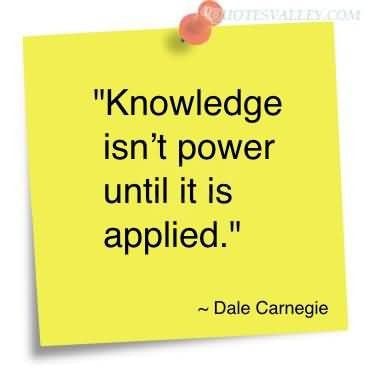In today’s world, information is readily available at our fingertips. With a simple search, we can access an endless stream of facts, figures, and opinions. This unprecedented access to knowledge has transformed the way we interact with the world, but it also raises questions about the relevance of traditional education, which often places a heavy emphasis on memorization and rote learning.
Information Access through Technology
If we can Google or use AI to access all information, what’s the point of accumulating knowledge in our heads? Why bother memorizing any historical dates or mathematical formulas when they’re just a click away? These are valid questions, and they challenge us to rethink the purpose of education in the digital age.
While it’s true that information is available online, it takes knowledge and skills to find this information. This is especially evident when using AI tools that rely on prompts. Simply entering a query doesn’t always yield the desired outcome. Crafting high-quality prompts that precisely convey intent, context, and desired output format requires a nuanced understanding of both the topic and the AI’s capabilities. It’s a skill in itself, akin to learning a new language where imprecise phrasing can lead to misinterpretations and unsatisfactory results. Without mastering this skill, users may find themselves frustrated, receiving irrelevant or inaccurate information, or struggling to unlock the full potential of these powerful tools.
While information is easily accessible, it is important to remember that not all information is created equal. The internet is a vast and unregulated space, where misinformation and biased content can easily masquerade as truth. To navigate this complex landscape, we need more than just access to information; we need the critical thinking skills to evaluate its credibility and relevance.
Moreover, simply knowing where to find information is not the same as understanding it. It takes time and effort to process and internalize new knowledge, and this process often involves connecting new information to existing knowledge. Without a foundation of understanding, it’s difficult to make sense of the vast amounts of information available online.
This is where formal education comes in. Its purpose is not simply to fill students’ heads with facts but to provide them with the tools they need to become lifelong learners. This includes teaching students how to think critically, analyze information, and apply their knowledge to real-world problems.
Application of Subject Knowledge
Perhaps, most importantly, information available online is not the same as information that students know and can use whenever they want. Online information is not a part of the student. It does not contribute to the schematic framework that all individuals possess. The knowledge and skills learned during formal education are highly influential in constructing this schematic framework. It can provide students with a paradigm for understanding the world around them, both in terms of time and place and in applying this information to make a difference in the world.
Different subject areas contribute to this understanding and application in different ways. The humanities, including literature and social studies, help students understand who they are, in and of themselves and in comparison to other people both from history and today. The STEAM subjects help students understand the physical world in which they live. All subject areas should give students the ability to make self-serving decisions—the types of decisions that lead to the advancement of humanity.
Importance of Formal Education
While the internet has undoubtedly transformed the way we access information, it has not rendered formal education obsolete. On the contrary, the digital age has made education more important than ever. By providing students with the knowledge, skills, and critical thinking abilities they need to navigate the complexities of the modern world, education empowers them to become informed, engaged, and responsible citizens.
The Internet alone will not lead to the development of cures for cancer. It will not lead to world peace, nor will it further the protection of the environment or enable all people to have access to liveable wages. It is only when people have inherent knowledge and the ability to use this knowledge for good that we have a hope of making the world a better place.

Andrew Pass
Founder and Visionary




